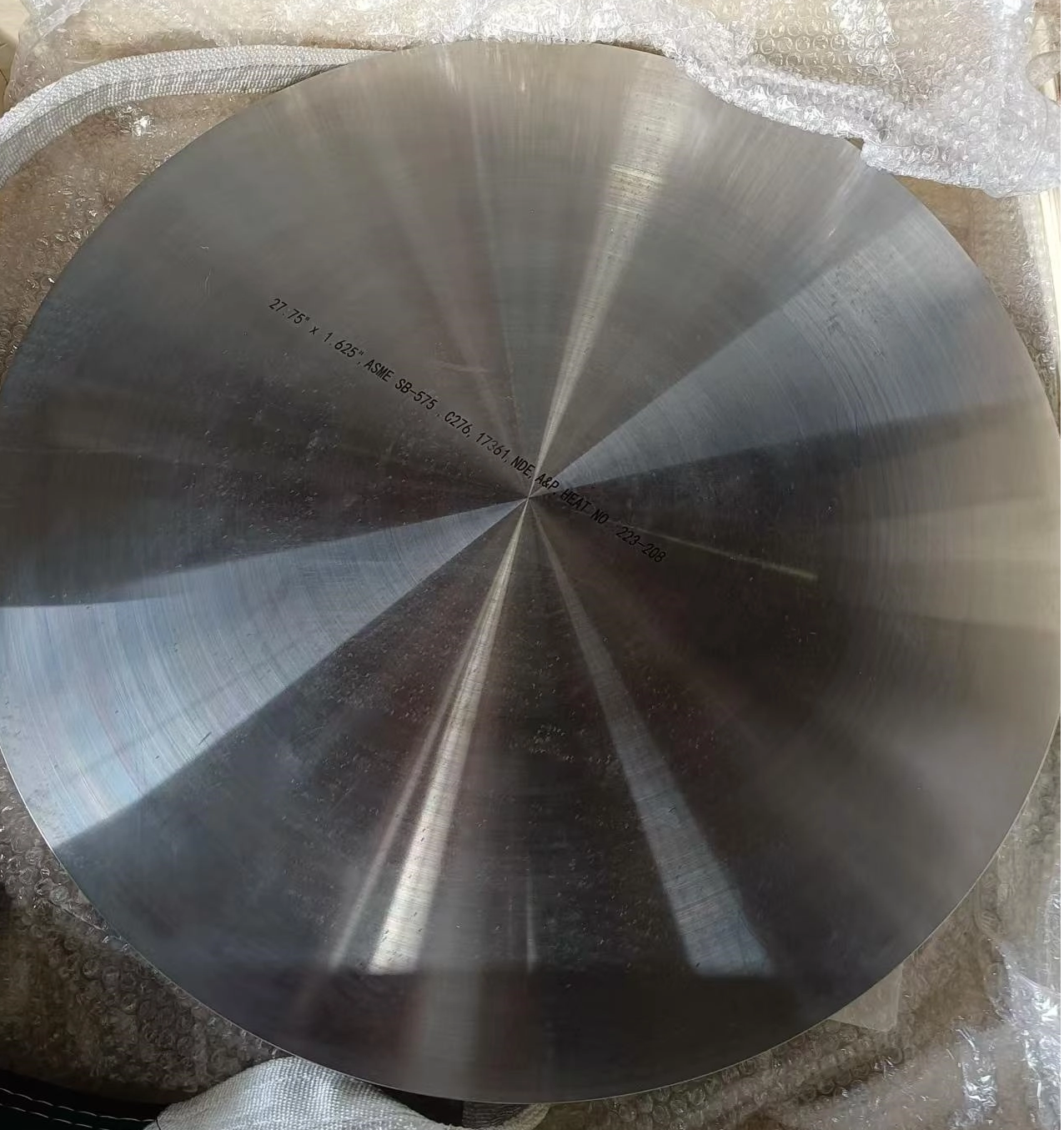Views: 0 Author: Site Editor Publish Time: 2025-05-25 Origin: Site








Have you ever wondered if nickel-plated steel can rust? It’s a common question among manufacturers, DIY enthusiasts, and anyone looking to understand the durability of this material. While nickel plating is often praised for its resistance to corrosion, the truth is a bit more complex. In this post, we’ll delve into the characteristics of nickel-plated steel, its ability to resist rust, and the factors that can affect its longevity.
Whether you are considering using nickel-plated steel for your next project or are curious about how to care for it, this article will provide valuable insights. We will also explore other materials like nickel-plated brass and nickel-plated metals to give you a comprehensive understanding.

Nickel plating is a process in which a thin layer of nickel is deposited onto a metal surface. The process is used to improve the corrosion resistance, hardness, and aesthetic appearance of the base metal. When applied to steel, it provides a shiny, smooth finish and enhances its resistance to oxidation and corrosion.
Nickel plating is commonly used in various industries, from automotive to electronics. But the question remains: does nickel-plated steel rust?
One of the main reasons nickel is used to plate steel is its corrosion resistance. Nickel plating acts as a protective barrier, preventing steel from being exposed to moisture and chemicals that can cause rust. This is especially important for steel used in harsh environments or outdoors.
Nickel plating also improves the appearance of steel. The smooth, shiny finish is often used in decorative applications, such as in automotive parts, jewelry, and even firearms. Nickel-plated 1911 guns, for example, are popular for their sleek look and durable surface.
Nickel-plated steel is more durable than untreated steel. The added layer of nickel makes the material harder and more resistant to wear and tear. This makes it ideal for use in high-friction applications, such as fasteners, automotive parts, and even medical devices.
Nickel-plated steel is much more resistant to rust than regular steel. However, that doesn’t mean it’s entirely immune to corrosion. Several factors can impact the rust resistance of nickel-plated steel:
Nickel plating provides protection against moisture and mild chemicals, but in extreme conditions (e.g., exposure to saltwater or highly acidic environments), the protective layer can degrade over time. If the plating is scratched or damaged, the underlying steel is exposed to the elements and may begin to rust.
The quality of the nickel plating process is crucial. Higher-quality plating will create a more durable and effective barrier against rust. Low-quality plating may wear off quickly or not provide adequate protection, leading to rust formation.
The thickness of the nickel layer also plays a role in its rust resistance. Thicker layers of nickel provide better protection, while thinner layers may wear off faster, leaving the steel vulnerable to corrosion.
Environmental conditions such as humidity, temperature fluctuations, and exposure to chemicals can all affect the longevity of the nickel plating. For example, nickel-plated metal fasteners may be exposed to moisture in outdoor settings, which could eventually cause rust to form if the plating is compromised.
Nickel-plated brass is commonly used in the manufacturing of high-quality fittings, connectors, and plumbing components. The combination of brass’s natural corrosion resistance and nickel’s added protection makes this material ideal for use in environments where rust resistance is crucial.
Nickel-plated fasteners are often used in applications that require durability and resistance to corrosion, such as in automotive and industrial machinery. Zinc-nickel-plated fasteners, in particular, are known for their superior corrosion resistance and are widely used in applications where rust is a concern.
For those looking to add a custom finish to their nickel-plated items, spraying satin nickel paint is an option. It’s important to use the right type of paint and follow proper preparation steps to ensure a smooth, durable finish that doesn’t compromise the material’s integrity.
To maximize the lifespan of nickel-plated steel and prevent rust, it’s essential to care for it properly. Here are some tips:
Keep nickel-plated surfaces clean by wiping them with a soft cloth to remove dirt and moisture. Avoid using abrasive cleaners that could scratch the surface.
If the plating is scratched, it can expose the underlying steel, leading to rust formation. Be cautious when handling nickel-plated items to avoid damage to the surface.
When not in use, store nickel-plated steel in a dry, cool place to prevent exposure to moisture and chemicals that could cause rust.
A: Nickel-plated steel can still rust in saltwater if the plating is damaged or of poor quality. The harsh environment can cause the nickel layer to degrade, allowing rust to form on the exposed steel.
A: To prevent rust on nickel-plated items, avoid exposing them to harsh environments, clean them regularly, and protect them from scratches that could damage the plating.
A: While both nickel-plated steel and stainless steel are corrosion-resistant, stainless steel doesn’t require plating. Nickel-plated steel, on the other hand, is steel coated with a layer of nickel for added protection against rust.
A: Yes, nickel-plated brass is resistant to corrosion and can be used outdoors. However, exposure to harsh conditions may eventually cause wear on the plating, so it's important to regularly maintain and protect the surface.
Nickel-plated steel offers excellent corrosion resistance and durability, making it a popular choice in many industries. While it’s not entirely rust-proof, it provides far better protection than untreated steel. Understanding the factors that affect its corrosion resistance, such as plating quality and thickness, can help you make informed decisions when selecting materials for your projects.
If you’re looking for high-quality nickel-plated products, consider exploring the offerings from Zhejiang Gaosheng Pipe Industry Co., Ltd. Their extensive range of high-performance products is designed to meet the needs of various industries while ensuring durability and corrosion resistance.
content is empty!